Mississippians
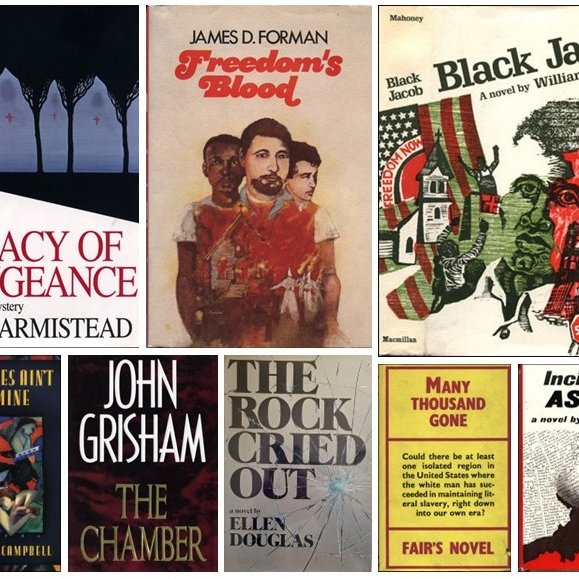
On this page:
John Armistead
Bebe Moore Campbell
Ellen Douglas
Ronald L. Fair
James D. Forman
John Grisham
William Mahoney
Jay Milner
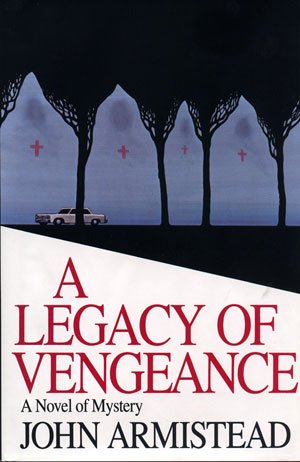
A Legacy of Vengeance (1994) is the first novel by John Armistead, a Baptist preacher from Tupelo, Mississippi. Tension develops between whites and blacks in a Mississippi hill community when four murders appear linked to events of thirty years ago.
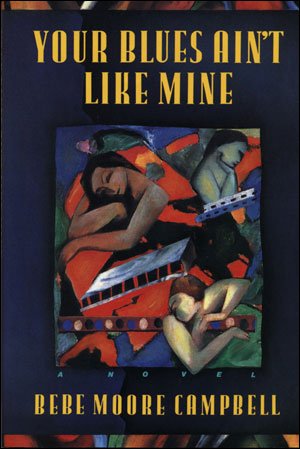
Bebe Moore Campbell, an African American, won a NAACP Image Award for Your Blues Ain't Like Mine (1992), which examines the effects of her fictional version of the tragedy upon the lives of the victim's family, the murderers, and other characters over the course of thirty years.
Excerpt from "An Interview with Bebe Moore Campbell" by Jane Campbell
Jane Campbell: In writing Your Blues Ain't Like Mine, you've said the story of Emmett Till sort of followed you around, and you couldn't let go of it . . .
Bebe Moore Campbell: Yes, I was five when he died. He was a topic, and still is, in my community. He was a reference point. I'd hear my dad talking about him, or he would come up in conversations with my uncles, or somebody would mention him, and I just felt as though I knew this boy. He could have been my big cousin. He was not an historical figure. He was not like Harriet Tubman or Sojourner Truth or Frederick Douglass. He was my age just about. So, I always thought of him - the outrageous injustice of the way he died - as sort of symbolic of the oppression of African Americans in this country. He was always in my mind. I felt as if I knew him, and I like the historical as a jumping off point.
JC: I love historical fiction, and I always love to speculate about how people made choices about what to include, what to change, what to create. Can you talk about that?
BMC: I did not want this to be an historical novel. I didn't want to stay true to the story. I was more interested in creating something similar and then really exploring my premise that racism is a crime for which we all pay - not just the victims, but the perpetrators as well. Carrying this out to the next generation, how this murder continues to vibrate in these lives - that's what I wanted to do.
[Campbell, Jane, and Bebe Moore Campbell. “An Interview with Bebe Moore Campbell.” Callaloo 22, no. 4 (1999): 954–72. http://www.jstor.org/stable/3299833.]
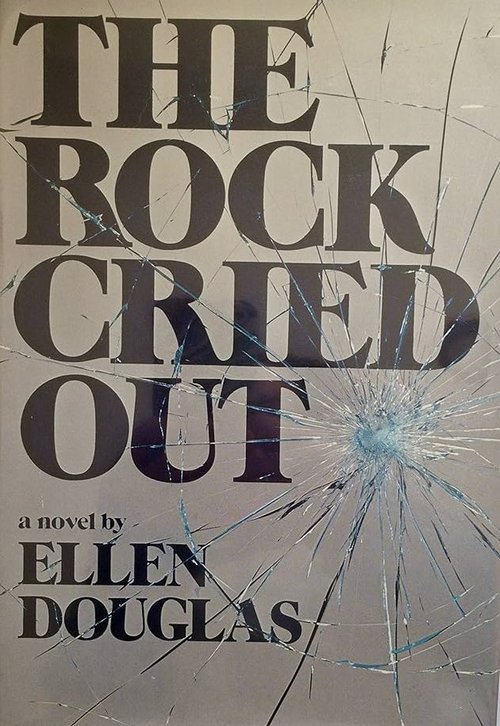
Ellen Douglas is the pseudonym of Mississippi author Josephine Haxton. She received a grant from the National Endowment Association to complete The Rock Cried Out (1979), which won a literature award from the Mississippi Institute of Arts and Letters. In this novel, a young man returns home to Mississippi where he seeks to understand the tragic death of a beautiful cousin seven years earlier in the midst of the 1964 Freedom Summer. The display also included items from the Ellen Douglas Collection: a timeline of events created by the author, as well as a typed manuscript from one of her drafts.
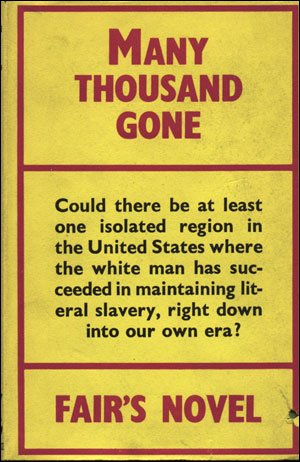
Published in 1965 in both American and English trade editions, Ronald L. Fair's first novel Many Thousands Gone depicts the imaginary community of Jacobs County, Mississippi where black oppression continued long after emancipation. When the Civil Rights Movement arrives, white refusal to bend with the winds of change erupts in a climactic conflagration.
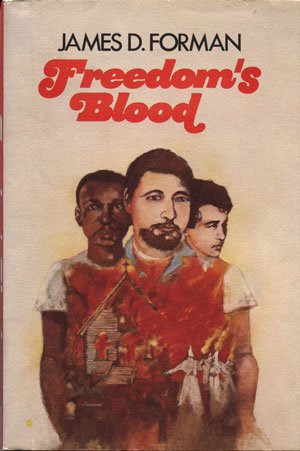
During the first weekend of Freedom Summer 1964, three civil rights workers - Michael Schwerner, James Chaney, and Andrew Goodman - disappeared. Authorities ultimately discovered their bodies outside of Philadelphia, Mississippi. In Freedom's Blood (1979), James D. Forman has written a novel for young people reconstructing the events of that weekend, using details provided by verified reports of the actual event.
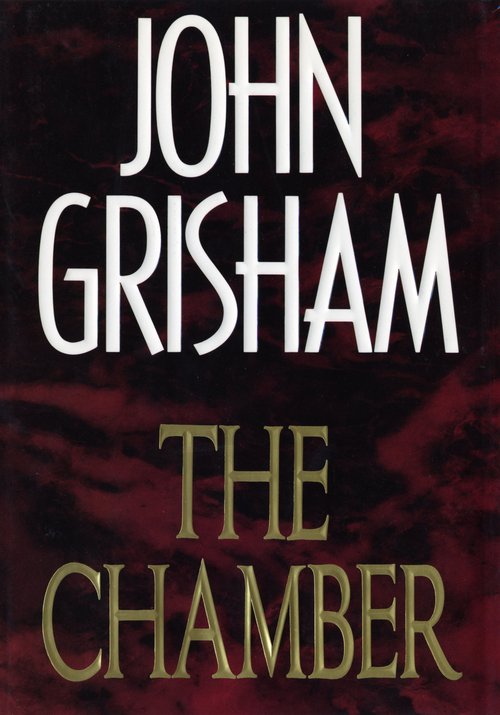
Bestselling author and Mississippi-native John Grisham wrote The Chamber (1994). In 1990, Sam Cayhall is finally convicted and sentenced to death for the slaying of a Jewish civil rights activist's two sons. As the execution approaches, Cayhill's new attorney from a Chicago law firm is revealed as his own grandson, attempting to come to terms with his family's dark past. Our collection includes several foreign editions of the title.

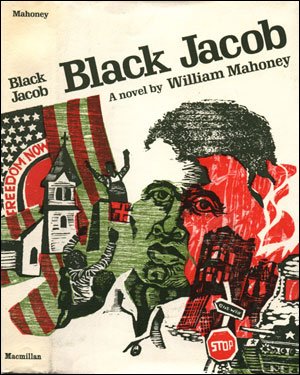
William Mahoney, the author of Black Jacob (1969), had worked in the South during the height of the Civil Rights Movement for both the Student Non-Violent Coordinating Committee and Martin Luther King's SCLC. His novel juxtaposes the two black characters of Jacob Blue, a doctor formerly respected by the white establishment who now seeks a congressional seat, and Jesse, an archetypical militant moving from one trouble spot to another and committed only to social revolution.
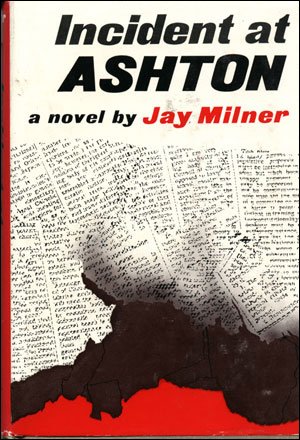
Jay Milner earned a B.A. and M.A. degree at Southern Mississippi College and spent a two-year stint as the managing editor of Greenville's Delta Democrat Times. In his 1961 novel Incident at Ashton, a young white newspaperman crusades for justice after an elderly black man is slain in retaliation for attempting to register as a voter.
